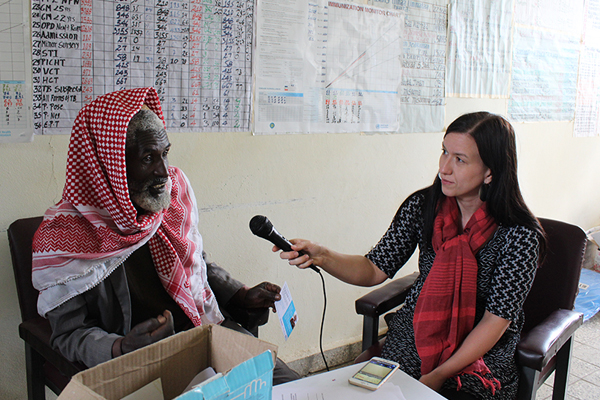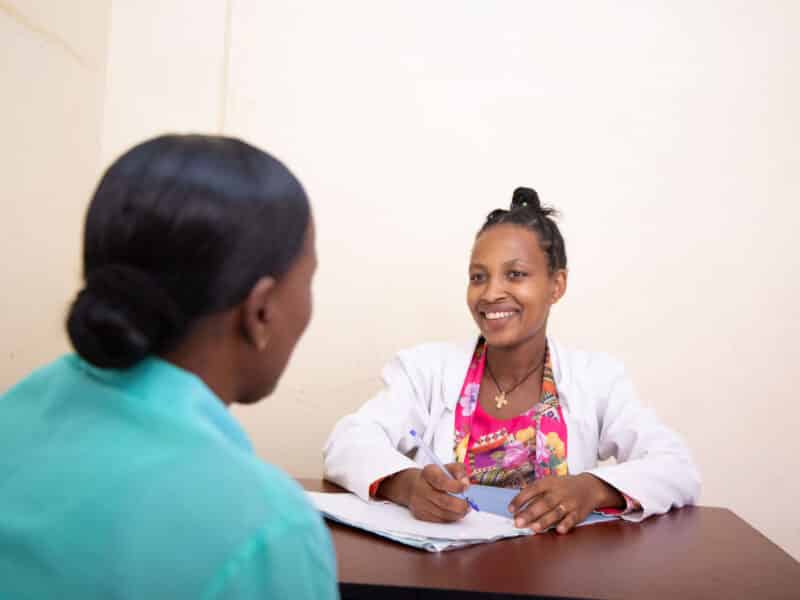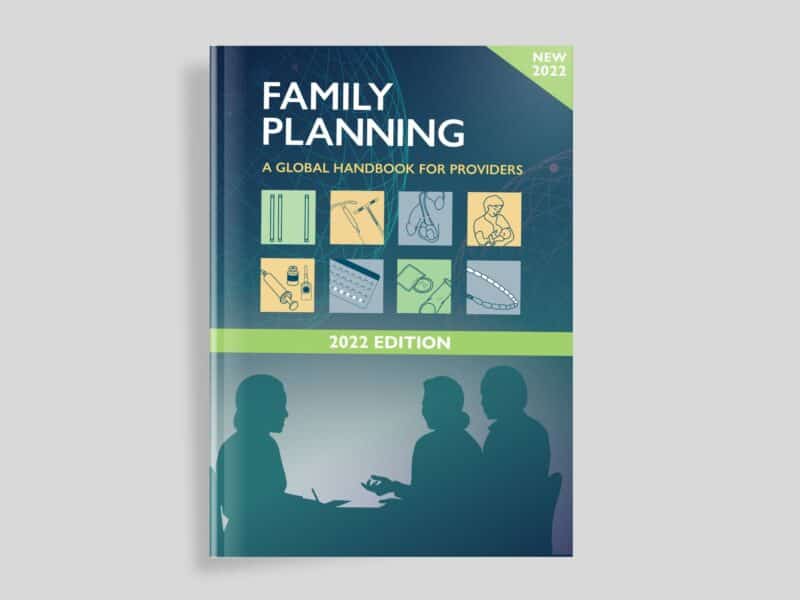The concept is simpler than the name suggests: To improve communities and the livelihoods of their people.
The approach is called Population, Health and Environment, PHE for short. PHE programs are specifically designed to promote modern family planning, encourage environmental conservation and improve health outcomes by creating a package of interventions such as pairing education about dwindling fisheries with education around contraception and malaria prevention.
“The underlying theme is meeting a community’s needs by more than just planting trees or providing contraception,” says the Johns Hopkins Center for Communication Programs’ Sarah Harlan, a senior program officer with the Knowledge for Health (K4Health) project.
But PHE goes far beyond programs. At the heart of each successful program are the people who live in some of the most richly biodiverse places on the planet and who have taken it upon themselves to preserve – or undo damage to – the unique locations they call home. Their personal stories are what drive the project’s advocacy efforts.
This is where K4Health comes in.
K4Health, funded by the U.S. Agency for International Development, has dedicated itself in recent years to using storytelling as knowledge sharing tool – and helping others do the same. Staff have travelled to Ethiopia, Madagascar and the Philippines to hold workshops on the art of storytelling and to collect stories, photographs and videos to help bring more attention to PHE and to help decision makers improve PHE policies.
In 2017, K4Health launched a new PHE-themed collection of stories (#PHEVoices) as part of its successful global Family Planning Voices (#FPVoices) storytelling initiative.
In the Philippines, some of the stories focus on efforts to educate people about the environmental costs of illegal fishing – while also educating them about family planning and malaria prevention. In Ethiopia, where deforestation is a major concern, stories describe the impact of reforestation programs that also include family planning and nutrition components.
CCP’s David Alexander, who takes many of the beautiful photographs used by the project, was inspired by his 2017 trip to Madagascar: “From the personal narratives, photos and shared knowledge, a genuine sense of purpose and passion emerged. The Madagascar PHE Network members — people who believe that improved health and wellbeing for people and planet share both the same benefits and the same barriers — were passionate about their work.”
Harlan says the PHE project helps reach new audiences with family planning messages. She spoke of interviewing Shek Kasim Kurke, a religious leader and village elder in the Oromia Region of Ethiopia. He spoke about how he came around to being a family planning advocate by way of the environmental sector.
He saw that in his community, where women didn’t use family planning and gave birth to many children, there wasn’t enough food to eat, there weren’t enough jobs for everyone. People were destroying forests to clear the land in order to grow even more food. That’s when things clicked.
“To hear his story about how he changed his mind was powerful,” Harlan says. “And he changed his mind through his concern for how the growing population was damaging the community in which he lived.”
CCP’s Amy Lee, who also helps gather stories, told of an interview she did with Alpios ‘Jojo’ Delima, a former economist who now works in the government of Bohol in the Philippines. Years ago, Lee says, he could eat fish all of the time. There were so many fish that sometimes fishermen gave away their catch. That is no longer the case, he told her. Fish is now considered a luxury. He recalled that at a recent barbecue, his son, who was eating chicken, was told that he was eating a “poor man’s meal.”
“Because of overfishing and overuse of their resources,” Lee says, “many Filipinos have had to adjust their diets. This man told me he is working to create a future where his children can eat the food he ate as a child, where there are plenty of fish for everyone.”
To gather stories, K4Health staff talks to people in the cities and in some of the farthest rural regions. The trips aren’t straightforward. On a trip last year to the Philippines, in a single day, Harlan and her colleagues rode an airplane, a van, a ferry, a shuttle, a motorized tricycle and a bus to reach their destination. And, to get back to town that night, they took an ambulance since the bus was no longer running.
The team works with local partners who help identify interview subjects and who coach them on how best to approach people in cultures they know little about. Often, though, the stories pour out.
Ethiopia, for example, has a parable culture that lends itself perfectly to the use of storytelling. “They already understand the value of stories but they had never seen it as part of their work,” Harlan says. “Now they do.”





